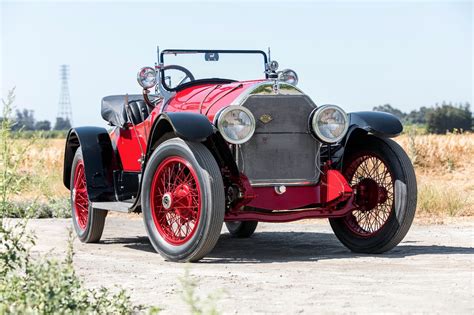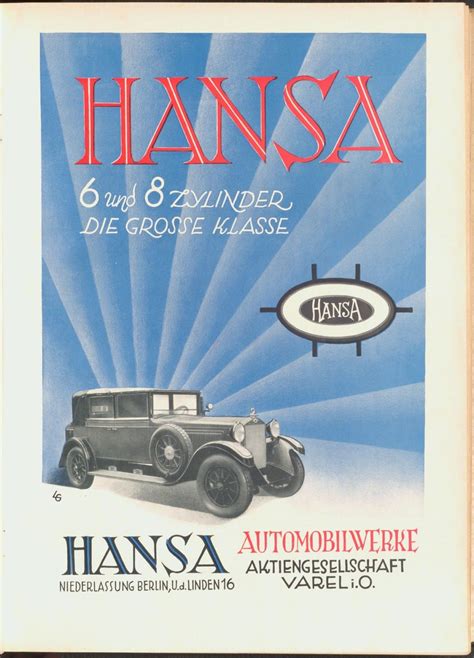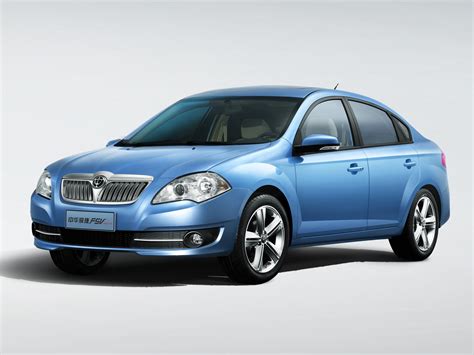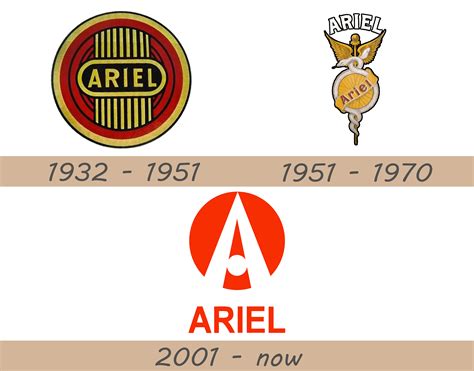Explore Holden’s rise, innovations, challenges, and impact on the automotive industry. Discover its legacy and future in the ever-evolving world of automobiles.
The Beginnings of Holden
Contents
The Beginnings of Holden can be traced back to 1856 when James Alexander Holden established the J.A. Holden & Co. saddle-making business in Adelaide, South Australia. The company eventually expanded into the manufacturing of carriages and other vehicle-related products, and by 1908, it had become one of the largest producers of horse-drawn vehicles in Australia.
However, the introduction of motor cars in the early 20th century posed a threat to the company’s traditional business. In response to this challenge, Holden decided to venture into the automobile industry and became the exclusive distributor for General Motors (GM) cars in Australia in 1924. This marked the beginning of Holden’s journey in the automotive sector.
In 1931, Holden acquired the Woodville plant in South Australia, which became the company’s headquarters for manufacturing automotive bodies. This move further solidified Holden’s position in the automotive industry and set the stage for its future expansion and innovation.
Despite facing various obstacles and setbacks, including the impact of World War II and the Great Depression, Holden persevered and continued to grow. The company’s commitment to quality and innovation allowed it to overcome the challenges it encountered during its early years and paved the way for its success in the years to come.
In summary, the beginnings of Holden were marked by a shift from saddle-making to automobile manufacturing, as well as a determination to adapt and thrive in the rapidly evolving automotive industry. This period laid the foundation for the company’s enduring legacy and contributions to the Australian automotive landscape.
Expansion and Innovation
Expansion and Innovation
The history of Holden is filled with moments of expansion and innovation, as the company continually sought to improve its products and reach new markets. One of the key milestones in this regard was the introduction of the Holden Commodore in 1978, which marked a significant expansion of the company’s product line. This new model represented a departure from the traditional large, six-cylinder cars that had been the company’s mainstay, and it showcased Holden’s commitment to innovation and adaptation to changing consumer preferences.
Another important aspect of Holden’s expansion and innovation was its foray into international markets. In the 1950s and 1960s, the company began exporting cars to various countries, including New Zealand and South Africa. This move not only expanded Holden’s reach but also allowed the company to tap into new markets and gain valuable insights into international consumer trends, which in turn influenced its product development and innovation efforts.
Holden’s commitment to innovation was further demonstrated through its investment in research and development. The company constantly sought to improve the performance, safety, and environmental sustainability of its vehicles, implementing new technologies and design features to meet evolving industry standards and consumer demands. This dedication to innovation helped Holden stay competitive in the automotive market and maintain its position as a leading car manufacturer.
In conclusion, Holden’s history is marked by a strong focus on expansion and innovation, with the company consistently striving to enhance its product offerings, reach new markets, and push the boundaries of automotive technology. These efforts not only solidified Holden’s position in the industry but also contributed to its legacy as a pioneer and innovator in the world of car manufacturing.
Challenges and Triumphs
Throughout its history, Holden Car Company has faced numerous challenges, but has also celebrated many triumphs. One of the most significant challenges for Holden was the global financial crisis of 2008. The company, like many others in the automotive industry, was hit hard by the economic downturn. Sales plummeted, and the future of the company seemed uncertain. However, Holden managed to weather the storm, in part due to a government bailout, and emerged from the crisis stronger than ever.
Another major challenge for Holden has been the shift towards electric and autonomous vehicles. With the rise of Tesla and other electric car manufacturers, Holden has had to adapt to stay competitive in the rapidly evolving automotive market. This has required significant investment in research and development, as well as a restructuring of the company’s manufacturing processes.
Despite these challenges, Holden has also experienced many triumphs. One of the most notable triumphs in the company’s history was the release of the first Holden car in 1948. The 48-215, also known as the FX, was a major success and laid the foundation for the company’s future success in the Australian automotive market.
In addition to this, Holden has achieved numerous racing victories, including multiple wins at the prestigious Bathurst 1000. These triumphs have helped to solidify Holden’s reputation as a leading car manufacturer in Australia and beyond.
Overall, the challenges and triumphs that Holden has faced throughout its history have helped to shape the company into the resilient and innovative automotive powerhouse that it is today.
Holden’s Impact on the Automotive Industry
Holden has had a significant impact on the automotive industry since its founding in 1856. As the first Australian automaker, Holden has played a major role in shaping the country’s car manufacturing landscape. The company has not only revolutionized the way cars are designed and produced, but also has contributed to the growth and development of the automotive industry in Australia.
One of the most significant impacts of Holden on the automotive industry is its role in creating a thriving manufacturing sector in Australia. By establishing a strong presence in the market, Holden has helped to boost the country’s economy and create a skilled workforce in the automotive industry. Its contributions have also played a key role in positioning Australia as a major player in the global automotive market.
Another key impact of Holden on the automotive industry is its influence on car design and innovation. The company has continuously pushed the boundaries when it comes to car design, leading to the development of advanced technologies, safety features, and fuel-efficient vehicles. This has set a benchmark for other automakers and has showcased Australia’s capability to produce world-class automobiles.
Moreover, Holden’s impact can be seen in its influence on consumer preferences and market trends. The company has created a strong brand image and a loyal customer base, shaping the choices and expectations of car buyers in Australia and beyond. This has had a ripple effect on the entire automotive industry, influencing the way other manufacturers approach design, marketing, and customer relations.
In conclusion, Holden has had a profound impact on the automotive industry, not only in Australia but globally. Its contributions have transformed the way cars are made, sold, and perceived, leaving a lasting legacy in the history of automobile manufacturing.
Legacy and Future of Holden
Holden has certainly left a lasting legacy in the automotive industry. The company was an iconic part of Australian culture for many decades, with a history spanning over 160 years. From its humble beginnings as a saddlery company to becoming a major player in the automotive market, Holden has had a profound impact on the way Australians view and interact with cars.
Despite facing numerous challenges and ultimately ceasing production in 2017, the legacy of Holden lives on. The company was known for producing vehicles that were uniquely Australian, tailored to the specific needs and preferences of the local market. Many Australians have fond memories of growing up with a Holden in the family, and the brand holds a special place in the hearts of car enthusiasts across the country.
Looking to the future, the impact of Holden on the automotive industry will continue to be felt for years to come. While the company may no longer be manufacturing cars, its influence on design, engineering, and marketing strategies has left a lasting impression. The technology and innovations developed by Holden have paved the way for advancements in the industry as a whole, shaping the future of automotive production and creating new opportunities for manufacturers and consumers alike.
As the automotive industry continues to evolve, the legacy of Holden will undoubtedly play a role in shaping the future. Whether through the development of new technologies, the preservation of classic Holden vehicles, or the ongoing impact on Australian culture, the mark that Holden has left on the automotive world will endure for generations to come.












